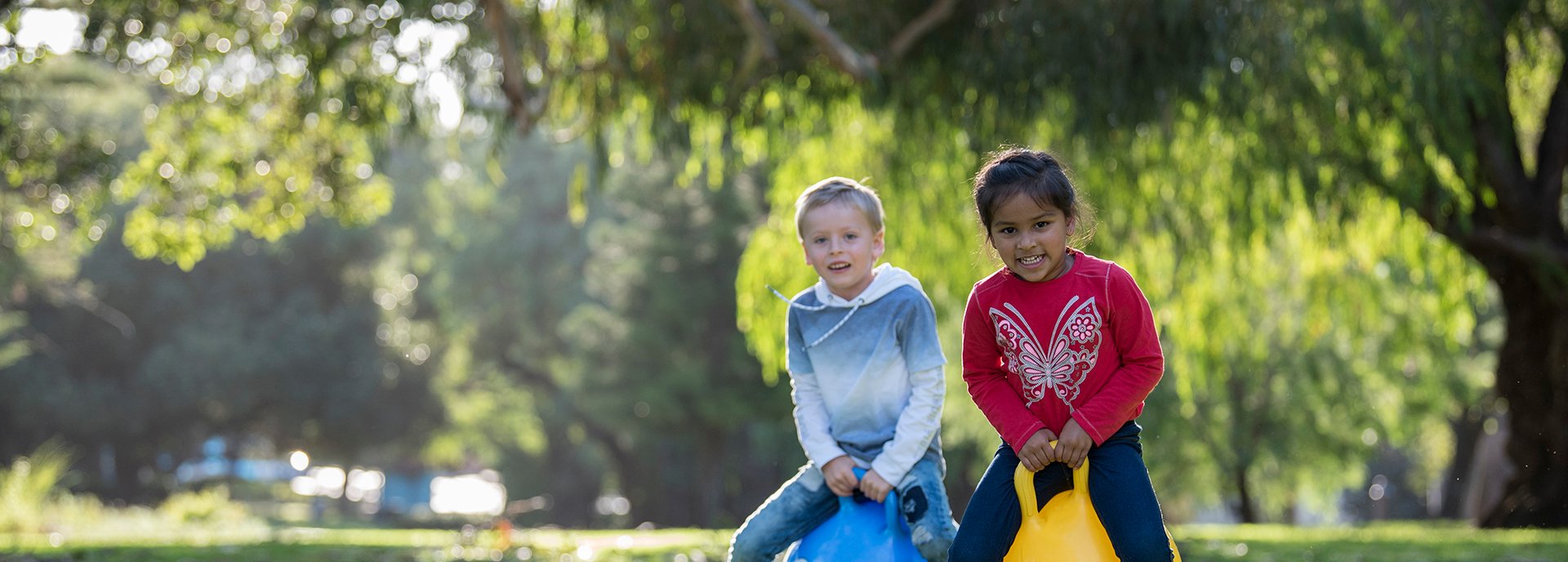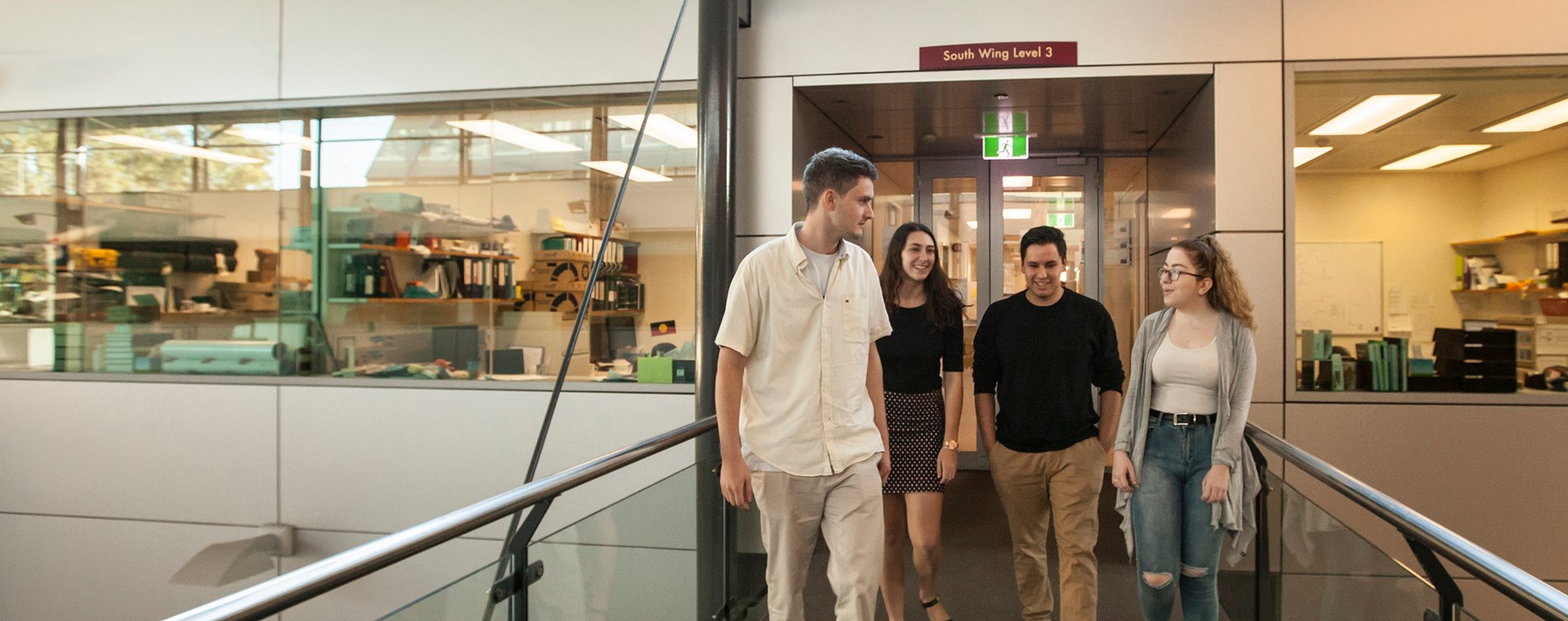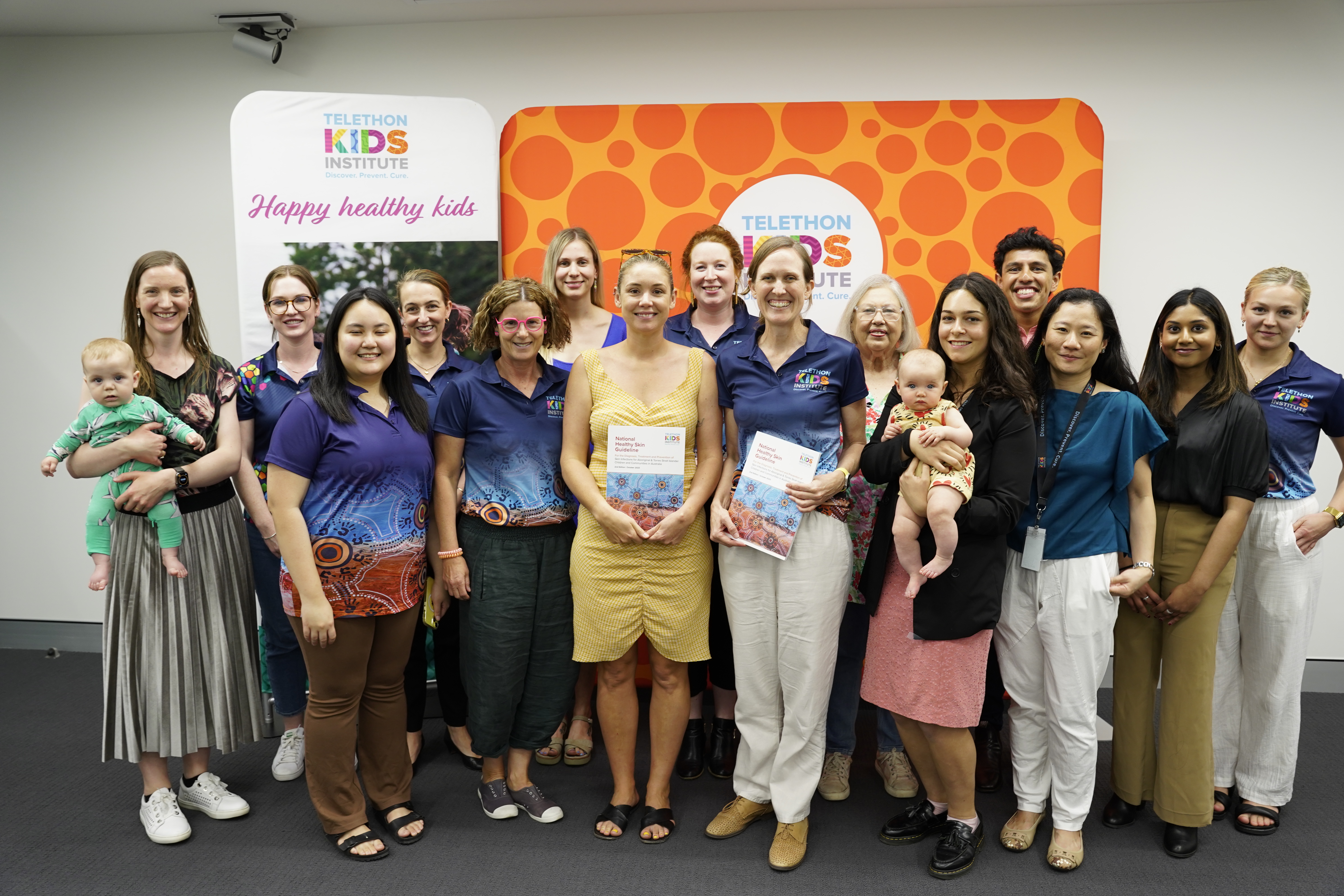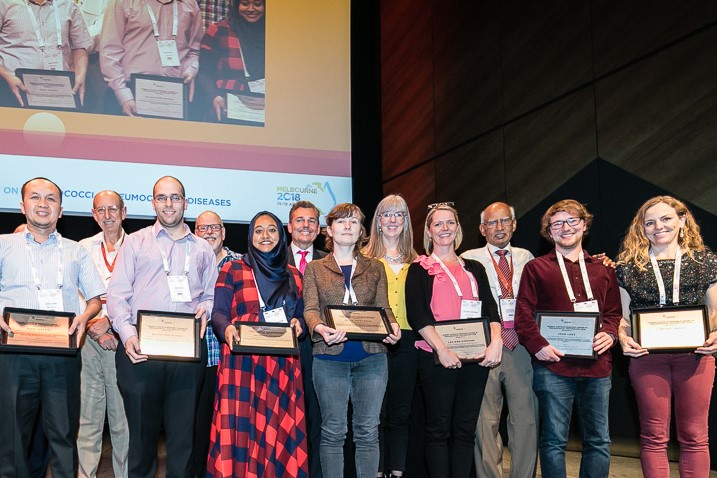Search
You're now removed from all The Kids Research Institute Australia marketing email lists
We need a better understanding of what it’s like to be a teenager attracted to the same gender in Australia today.

Discover the latest community involvement opportunities from across the Institute.

Sign up to The Kids Research Institute Australia Newsletter to receive the latest updates, stories, and invites to community events from The Kids.

We're committed to involving consumers and the community in all aspects of our research.

News & Events
New healthy skin guide for health sector to identify and treat skin issuesA new National Healthy Skin Guideline has been launched by The Kids Research Institute Australia, to help health care providers identify, diagnose and treat a range of skin conditions experienced by Aboriginal and Torres Strait Islander people in urban and remote areas.

News & Events
The Kids Research Institute Australia leads WA arm of Australia’s first needle-free COVID-19 vaccine studyEnrolments for Australia’s first needle-free, gene-based COVID-19 vaccine study – to be led in WA by The Kids Research Institute Australia – are open.
Venue Information Accommodation Options Contact us THE UNIVERSITY CLUB OF WESTERN AUSTRALIA Hackett Entrance #1, Hackett Drive, Crawley, Western
Contact us If you'd like to get in touch, please contact us by phone or email. Phone: 0400 450 240 Email: vtg@thekids.org.au The PRIME Study The

News & Events
Congratulations Dr Lea-Ann Kirkham - Robert Austrian Award WinnerCongratulations to Dr Lea-Ann Kirkham - one of just 10 recipients from around the world to receive a prestigious Robert Austrian Award at the International Symposium on Pneumococci and Pneumococcal Diseases.
